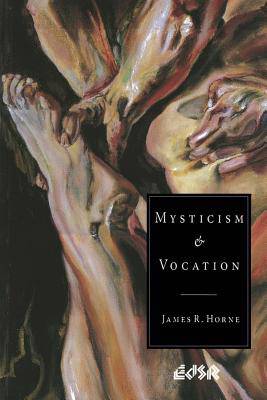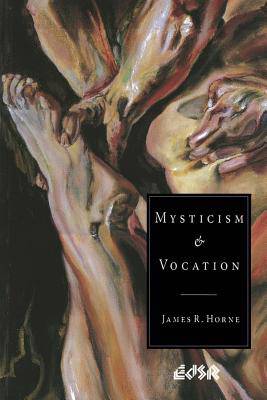
- Retrait gratuit dans votre magasin Club
- 7.000.000 titres dans notre catalogue
- Payer en toute sécurité
- Toujours un magasin près de chez vous
- Retrait gratuit dans votre magasin Club
- 7.000.000 titres dans notre catalogue
- Payer en toute sécurité
- Toujours un magasin près de chez vous
Description
We tend to think that a person who is both reasonable and moral can have a good life. What constitutes a life that is not only good but superlative, or even "marvellous" or "holy"? Those who have such lives are called sages, heroes or saints, and their lives can display great integrity as well as integration with a transformative "Spiritual Presence."
Does it follow that saints are perfect people? Is there a common vision that impels them to seek holiness? In a controversial interpretation of mysticism Horne suggests that there is no single formula for the meaning of life and no one story that displays it to us. Mysticism, rather than being just a visionary perception, then becomes a problem-solving process that brings about a creative transformation of the personality at a critical stage in life. He suggests also that saints may be imperfect morally and describes true saints as double-minded: they are serious in a playful way.
Mysticism and Vocation illuminates our understanding of saintly lives by explicating their mystical characteristics and extending discussions of mysticism to explain its role in active lives. In discussing important decisions that go beyond conventional morality, it adds to recent philosophical arguments by Charles Taylor, Alasdair MacIntyre, Iris Murdoch, Bernard Williams and others to the effect that morality should be defined more broadly to deal with the human condition.
This book will be of interest to students of philosophy and religious studies, in both graduate and undergraduate programs.
Spécifications
Parties prenantes
- Auteur(s) :
- Editeur:
Contenu
- Nombre de pages :
- 120
- Langue:
- Anglais
- Collection :
- Tome:
- n° 18
Caractéristiques
- EAN:
- 9780889202641
- Date de parution :
- 27-03-96
- Format:
- Livre broché
- Format numérique:
- Trade paperback (VS)
- Dimensions :
- 152 mm x 229 mm
- Poids :
- 297 g







